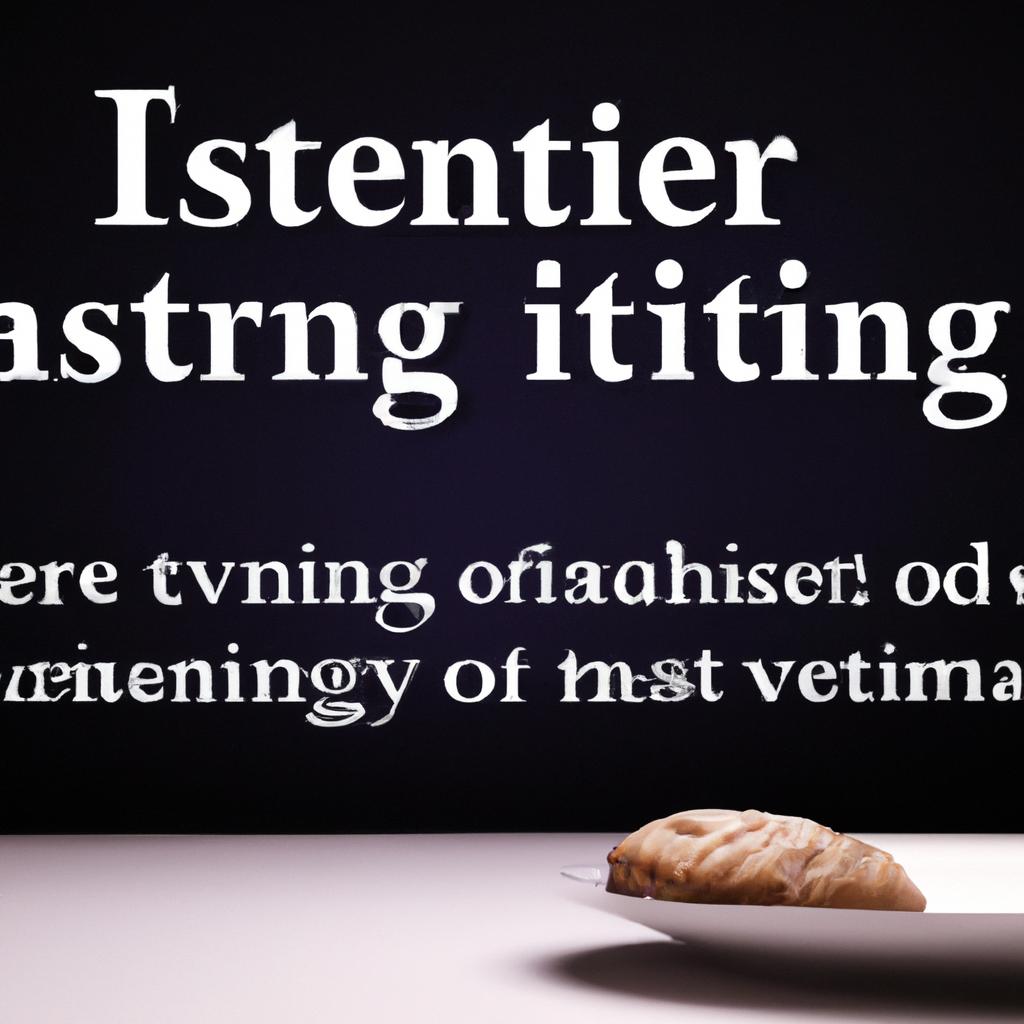Intermittent Fasting and Mental Clarity: Exploring Cognitive Benefits and Research Findings
Intermittent Fasting and Mental Clarity: Exploring Cognitive Benefits and Research Findings
Intermittent fasting (IF) has gained popularity as a lifestyle choice. Many initially embraced IF for weight loss and metabolic health. However, its cognitive benefits have emerged as an intriguing aspect. Many individuals report improved focus and heightened mental clarity during fasting periods. This blog explores the cognitive benefits of intermittent fasting, backed by recent research findings.
Understanding Intermittent Fasting
Intermittent fasting is not a traditional diet. It cycles between eating and fasting periods, focusing on when to eat. The 16:8 method is popular, allowing individuals to fast for 16 hours and eat for 8. Others may practice alternate-day fasting or fast for 24 hours once or twice weekly.
Intermittent fasting appeals due to its simplicity and flexibility. It enables individuals to customize their fasting and eating windows to fit their lifestyles.
Nutrition Tips for Intermittent Fasting
While intermittent fasting offers benefits, nutrition during eating periods is crucial. Here are tips for maintaining a balanced diet:
1. **Prioritize Whole Foods**: Focus on nutrient-dense foods during your eating window. Include whole grains, lean proteins, healthy fats, fruits, and vegetables. These foods supply essential vitamins and minerals for health and cognitive function.
2. **Stay Hydrated**: Hydration is vital during fasting and eating periods. Drink water, herbal teas, and black coffee. Avoid sugary drinks and excessive caffeine to maintain energy levels and mental clarity.
3. **Plan Balanced Meals**: Create meals with a mix of macronutrients—proteins, fats, and carbohydrates. This balance stabilizes blood sugar levels and prevents energy dips that can affect focus.
Exercise Advice During Intermittent Fasting
Regular physical activity can enhance the cognitive benefits of intermittent fasting. Exercise promotes brain health and improves mood, complementing fasting effects. Consider these suggestions:
1. **Timing Your Workouts**: Schedule moderate-intensity workouts during your eating window. This timing allows you to fuel your body before and after exercising.
2. **Listen to Your Body**: If you prefer working out while fasting, pay attention to your body. Low-intensity exercises, like walking, yoga, or stretching, can enhance mental clarity without overwhelming you.
3. **Mix It Up**: Incorporate a variety of exercises into your routine.
Conclusion
Intermittent fasting offers cognitive benefits alongside its other advantages. Prioritize nutrition and exercise to maximize these benefits.
Below are related products to the topic if you’re interested:
FAQ
What is intermittent fasting and how does it work?
Intermittent fasting (IF) is a lifestyle choice that involves cycling between eating and fasting periods, rather than focusing on what to eat. Popular methods include the 16:8 approach, where individuals fast for 16 hours and eat during an 8-hour window, as well as alternate-day fasting or fasting for 24 hours once or twice a week. This flexibility allows individuals to customize their fasting and eating patterns to fit their lifestyles.
What are some nutrition tips to follow during intermittent fasting?
During eating periods, it’s crucial to prioritize whole foods, which include nutrient-dense options such as whole grains, lean proteins, healthy fats, fruits, and vegetables. Staying hydrated is also essential, so drink plenty of water, herbal teas, and black coffee while avoiding sugary drinks and excessive caffeine. Planning balanced meals with a mix of macronutrients can help stabilize blood sugar levels and maintain energy.
How can exercise complement intermittent fasting for cognitive benefits?
Regular exercise can enhance the cognitive benefits of intermittent fasting by promoting brain health and improving mood. It’s beneficial to schedule moderate-intensity workouts during your eating window to properly fuel your body. If you prefer to exercise while fasting, low-intensity activities like walking, yoga, or stretching are recommended, as they















Post Comment